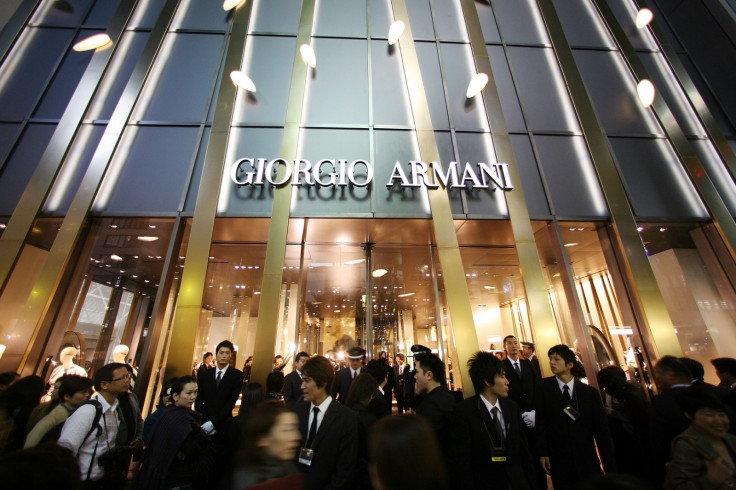Would you spend £500 on a uniform? Japanese primary school under fire for Armani dress code
The Taimei Elementary School in Tokyo had proposed adopting designer outfits for its students.

A public school in Japan's capital city has raised alarms after it expressed plans to adopt designer uniforms for its students. The Taimei Elementary School in Tokyo has come under fire for considering implementing a dress code by Italian fashion brand Giorgio Armani.
Parents of students criticised the plan, explaining that it was too expensive for their children to wear uniforms which are priced at over 80,000 yen ($730, £500) each and include a hat and a bag.
The school, which is situated in the luxury shopping district Ginza, tied up with the brand to create a look that reflected its prestigious location for the sake of "the school's future".
The issue has now been brought up before the local education board which was first informed of the plan last year. At the time, the board instructed the principal to discuss the issue with the Parent Teachers Association and local residents before taking any further steps.
"From the intention to make a uniform as a 'school of Ginza,' we went around department stores and Armani accepted designing it as a result," the school told the board.
Parents have raised complaints and on 8 February the issue was brought up at a meeting of the House of Representatives Budget Committee. Kyodo News reported that the Party of Hope lawmaker Manabu Terada pointed out that "a certain range needs to be considered," considering the school is a public one.
Finance Minister Taro Aso agreed that it could "be severe if a student cannot afford to pay" for the expensive outfits.
While students are not obligated to wear the uniform, it could cause segregation amongst students from different financial backgrounds.
"I was surprised, and wondered why such luxury brand-designed uniforms have been picked for a public elementary school," a mother who chose to remain unnamed said, according to The Guardian.
"I'm worried that a wrong notion that something expensive is good and something cheap is bad could be imprinted on children."
Parents of a public school in Ginza are upset because the principal decided to mandate an Armani-designed uniform that will cost parents over $800 per child https://t.co/VJeP32ZEK9 pic.twitter.com/ELcWWSbU6s
— Spoon & Tamago (@Johnny_Strategy) February 8, 2018






















